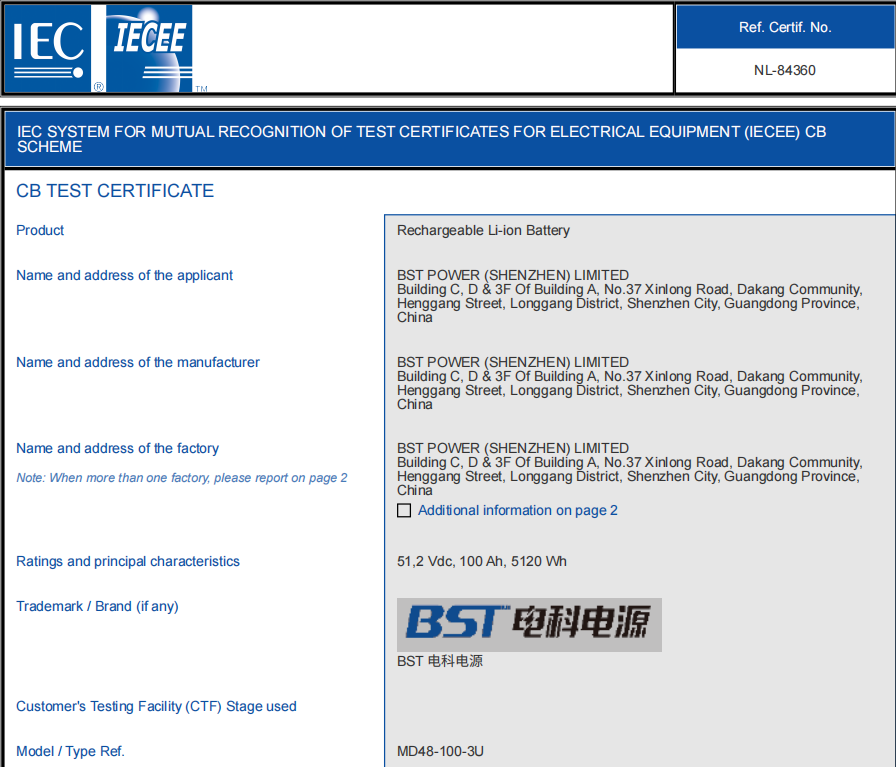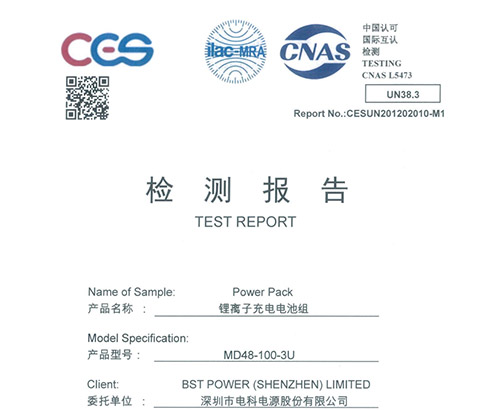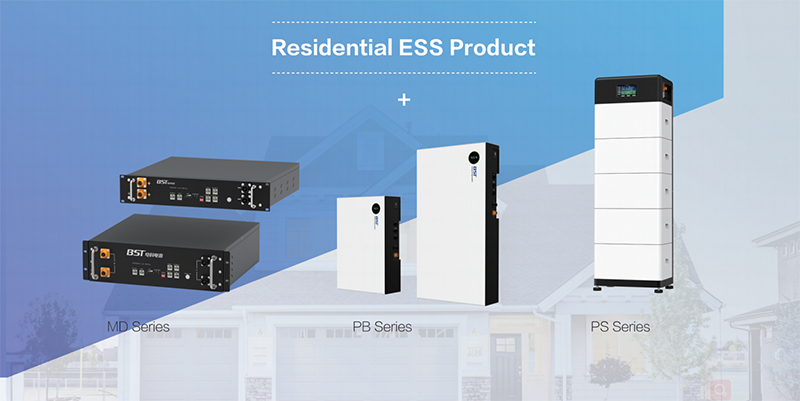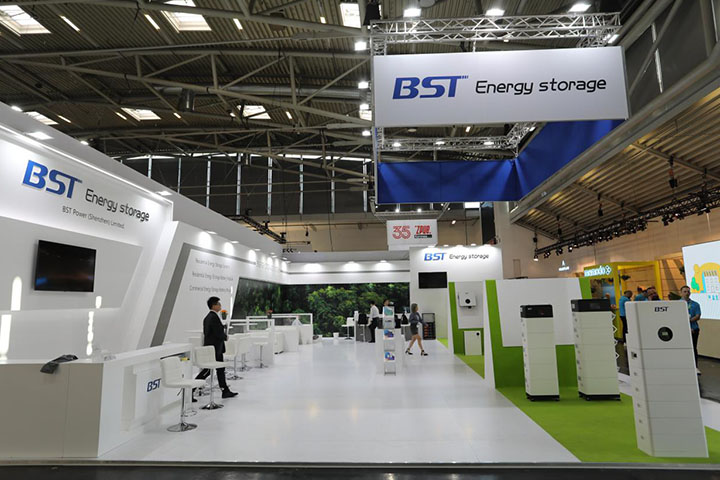In the context of the global shift towards renewable energy, the demand for home energy storage systems is steadily increasing. As clean energy sources like solar and wind power become more widespread, the efficient and safe storage and use of these energies has become a key concern. Home energy storage batteries, as the core component of this solution, are crucial in terms of safety, reliability, and compliance. Therefore, certifications for energy storage batteries not only ensure the quality and performance of the products but also help manufacturers gain a competitive edge in the global market.

This article will delve into the certification standards for home energy storage batteries, analyzing their importance in the global market and how they help ensure consumer safety and trust when using energy storage products. We will focus on seven common energy storage battery certifications and provide a detailed analysis of each certification’s role, significance, and applicable markets. By understanding these certification standards, both manufacturers and consumers can better recognize the key factors to consider when selecting energy storage products.
I. Introduction: The Importance of Energy Storage Battery Certifications
With the rapid growth of home energy storage systems, safety, reliability, and compliance have become critical factors for both manufacturers and consumers. Energy storage batteries, particularly lithium-ion batteries, are subject to strict regulatory requirements to ensure they meet safety and performance standards. Certifications help manufacturers comply with these regulations, while also providing confidence to homeowners, businesses, and installers that the products they purchase are safe and reliable.
1. Ensuring Safety & Reliability
Energy storage batteries store and discharge large amounts of energy, which, if not properly managed, can lead to overheating, fires, or even explosions. Certifications ensure that products undergo rigorous testing for electrical safety, fire prevention, and overall system stability.
2. Market Access & Compliance
Different regions have their own regulatory frameworks, and obtaining certification is often a legal requirement to enter specific markets. For instance, UL certifications are necessary for products sold in the U.S., while CE certification is mandatory for the European market. Without proper certification, products cannot be legally sold or installed.
3. Consumer Confidence
Homeowners investing in energy storage want assurance that their systems are safe, durable, and compliant with industry standards. Certifications serve as proof that a product has been tested by independent laboratories, enhancing consumer trust and brand reputation.
4. Regulatory & Insurance Requirements
Many governments and insurance companies require certified energy storage systems to minimize risk. Certified products are more likely to be eligible for rebates, subsidies, and insurance coverage, making them more attractive to buyers.
II. Common Certifications for Residential Energy Storage Batteries
Energy storage batteries must comply with various safety, environmental, and transportation standards. Below are the seven most important certifications for home energy storage systems:
1. UL 1973 (United States) – Safety Standard for Battery Energy Storage Systems
UL 1973 is one of the most critical certifications for stationary energy storage batteries in the U.S. It ensures that batteries used in residential, commercial, and industrial energy storage systems meet rigorous safety standards.
- Scope: Covers lithium-ion, lead-acid, and other rechargeable batteries used in stationary applications.
- Testing Requirements: Includes overcharge protection, short-circuit resistance, temperature stability, and impact resistance.
- Importance: Required for compliance with U.S. regulations and is often necessary for utility and government approvals.
2. UL 9540 & UL 9540A (United States) – Certification for Energy Storage Systems
UL 9540 is a certification for entire energy storage systems, including batteries, inverters, and control components, ensuring their safe integration and operation.
- UL 9540: Focuses on system-level safety, including electrical, thermal, and fire hazards.
- UL 9540A: A fire safety test that evaluates how a battery reacts under thermal runaway conditions.
- Market Impact: Many U.S. states require UL 9540-certified products for residential installations, making it crucial for market access.
3. IEC 62619 (International) – Safety Standard for Lithium Batteries
IEC 62619 is an internationally recognized safety standard for lithium-ion batteries used in industrial and residential energy storage systems.
- Key Tests: Includes short-circuit, overcharge, forced discharge, and thermal abuse tests.
- Global Importance: Accepted in multiple regions, including Europe, Asia, and Australia.
- Why It Matters: Ensures batteries meet international safety standards, making it easier to enter global markets.
4. IEC 62133 (International) – Battery Safety for Portable and Stationary Applications
IEC 62133 covers safety requirements for rechargeable batteries used in consumer electronics and energy storage systems.
- Scope: Ensures batteries operate safely under normal and abusive conditions.
- Testing: Evaluates overcharging, temperature cycling, and mechanical stress resistance.
- Relevance: Required in many countries as a foundational safety standard for battery cells and packs.
5. UN 38.3 (International) – Transportation Safety Certification
UN 38.3 certification is mandatory for lithium batteries transported via air, sea, or land. It ensures that batteries can withstand extreme transportation conditions.
- Key Tests: Includes altitude simulation, vibration, shock, temperature cycling, and impact resistance.
- Legal Requirement: Without this certification, batteries cannot be shipped internationally.
- Critical for Global Trade: Any manufacturer exporting batteries must obtain UN 38.3 certification.
6. CE (European Union) – Compliance with EU Safety Directives
CE (Conformité Européenne) certification confirms that a product meets EU safety, health, and environmental protection requirements.
- Key Directives: Includes the Low Voltage Directive (LVD) and Electromagnetic Compatibility (EMC) Directive.
- Importance: Required for selling energy storage batteries in the EU market.
- Regulatory Advantage: A CE mark simplifies access to multiple EU countries without additional testing.
7. RoHS (International) – Environmental & Hazardous Substance Compliance
The RoHS (Restriction of Hazardous Substances) directive ensures that electrical products, including batteries, do not contain harmful substances like lead, mercury, and cadmium.
- Environmental Impact: Reduces hazardous waste and promotes sustainability.
- Compliance Regions: Mandatory in the EU and increasingly adopted in Asia and North America.
- Consumer Preference: Many buyers prefer RoHS-compliant products due to environmental concerns.
III. Key Certifications in the U.S. and European Residential Storage Markets
1. United States
The U.S. has stringent certification requirements for energy storage systems, driven by safety concerns and regulatory policies. Key certifications include:
- UL 1973 & UL 9540/9540A: Essential for product safety and fire prevention.
- NFPA 855 (National Fire Protection Association Code): Governs the installation of energy storage systems.
- NEC 706 (National Electrical Code): Defines electrical standards for battery energy storage installations.
- UN 38.3: Required for transportation and shipping compliance.
2. European Union
Europe follows a different regulatory framework, focusing on product safety, environmental protection, and consumer rights. Key certifications include:
- CE & RoHS: Mandatory for products sold within the EU.
- IEC 62619 & IEC 62133: Widely accepted for battery safety.
- VDE 2510-50 (Germany): A specialized certification required in Germany for energy storage systems.
Compliance with these certifications allows manufacturers to access both the U.S. and European markets, ensuring global competitiveness.
IV. Conclusion: The Role of Certifications in BST’s Energy Storage Solutions

As a leading manufacturer of home energy storage solutions, BST Power prioritizes certification to ensure product safety, performance, and market access.
1. BST’s Commitment to Safety & Compliance
BST products undergo rigorous testing to comply with UL, IEC, CE, and RoHS standards. This ensures that customers receive high-quality, safe, and durable energy storage solutions.
2. Facilitating Global Market Access
By obtaining internationally recognized certifications, BST enables its products to be sold in major markets, including the U.S., Europe, and Asia.
3. Continuous R&D for Certification Excellence
BST invests heavily in research and development to stay ahead of evolving safety regulations. This commitment ensures that BST batteries meet the latest industry standards.
4. Building Consumer Trust & Industry Leadership
Certified products reinforce BST’s reputation as a trusted leader in the energy storage industry. By prioritizing compliance, BST not only meets legal requirements but also enhances consumer confidence and brand value.
In summary, certifications are essential for ensuring the safety, reliability, and marketability of energy storage batteries. BST Power remains committed to meeting and exceeding certification standards, ensuring its products are safe, efficient, and globally competitive.



